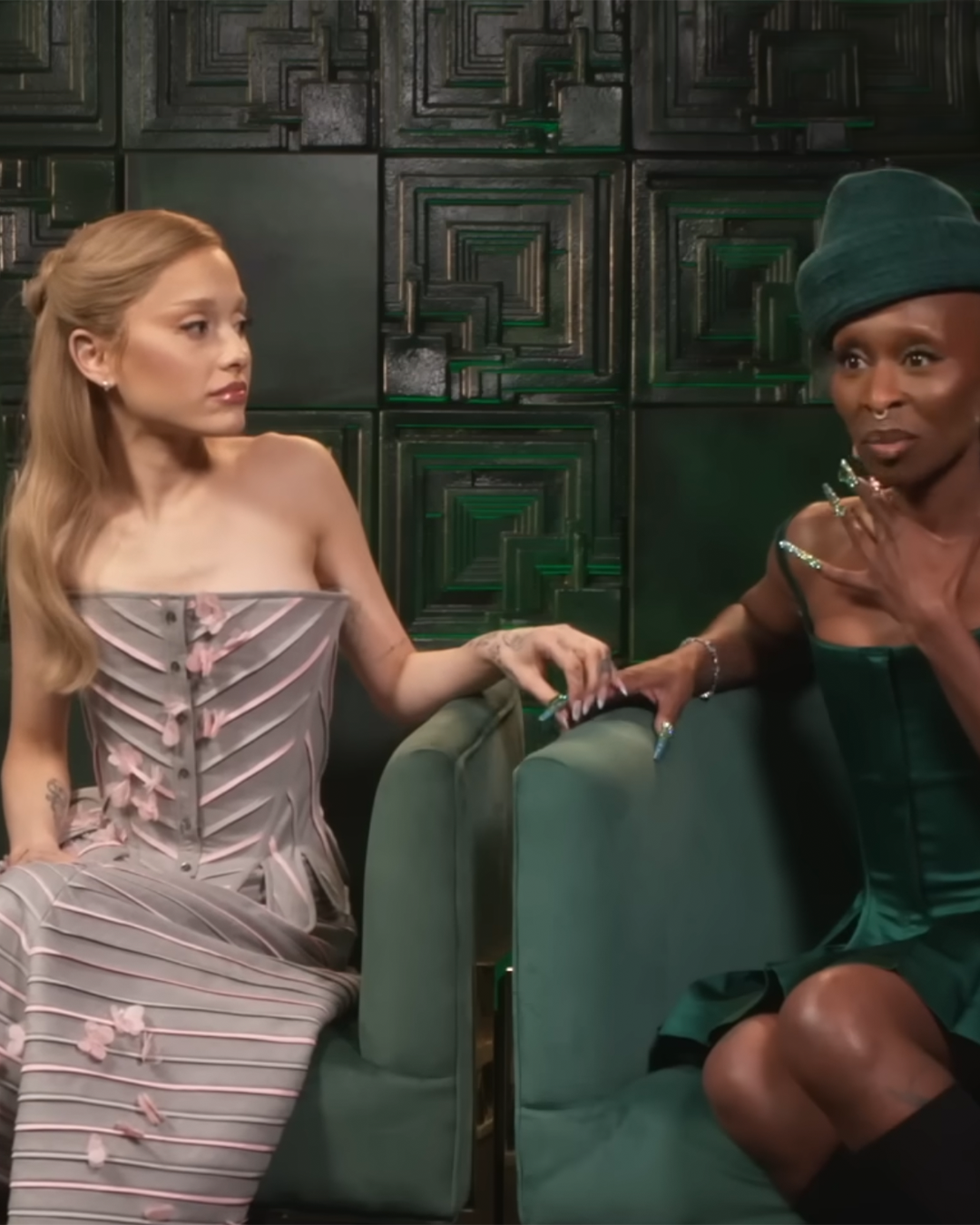
What's Mastodon, the shelter for users on the run from Elon Musk? Welcome to the utopian version of Twitter
Elon Musk, known for his strong sympathy for the American right, decisions made on impulse, and a fortune that makes him the richest man in the world according to Forbes, does not seem to inspire confidence in everyone. Indeed, despite the fact that in his first seven days as head of Twitter, the Tesla CEO has surpassed a record 15 million additional unique daily users, the dissertation seems to be a silent but growing phenomenon. This is shown by the departure of well-known figures such as Jameela Jamil, Shondra Rimes, and Gigi Hadid, as well as brands like Balenciaga and companies like General Motors, who decided to leave the social network in protest at the time of the takeover. It is also shown by the vertiginous growth of the app's direct competitor. With 230,000 new members in recent weeks and a total of 4.4 million users, Mastodon is now considered the anti-Twitter. Founded in 2016 in Germany by a non-profit association of Eugen Rochko, it presents itself as an open-source, free software platform that is not accountable to big tech bigwigs, has no advertising, and lives on user donations. In a few words, on the surface, the utopian version of Twitter.
By means of a mechanism that may seem to repel and unintuitive at first glance, at the time of registration everyone can create their own channel called an instance, in a sort of digital self-management, or subscribe to a pre-existing channel with the help of various filters, such as geographic or thematic area. This is the concept of Fediverse (Federate Universe), a term that winks at the fitting metaphor of federations: each channel is a 'place of origin' that does not preclude interaction with other users from different regions. At the moment, there are about 70,000 of them - music, technology, and sports - but the number looks set to increase. «I created Mastodon because I distrust the top-down control exercised by Twitter» explained Eugen Rochko, whose ambition is to "democratize social media", in an interview with Time magazine some time ago.
Twitter feels increasingly alive
— Elon Musk (@elonmusk) November 13, 2022
You might wonder why, beyond the controversial figure of Musk, anyone would prefer Mastodon to Twitter. Unlike Twitter, there is no user profiling in Mastodon because no centralized server or algorithms recommend posts or content to users. Both are microblogging platforms, which means that the texts of posts, which are called 'tools' instead of 'tweets' contain a limited number of characters. But in the case of the German platform twice as many (500), there are additional features that allow more control over who can view one's content. Hashtags work in a similar way and are used to identify trending topics, as does the share and like system, while Mastodon's verification system is free of charge, unlike Musk's app which recently introduced the blue tick for a fee. We do not know whether Mastodon's appeal will be such that it will supplant Twitter or whether, like Discord, it will cultivate a niche of loyal fans unable, however, to break the bubble of the mainstream, what we do know is that user loyalty is tenuous and Musk had better remember that.


















































